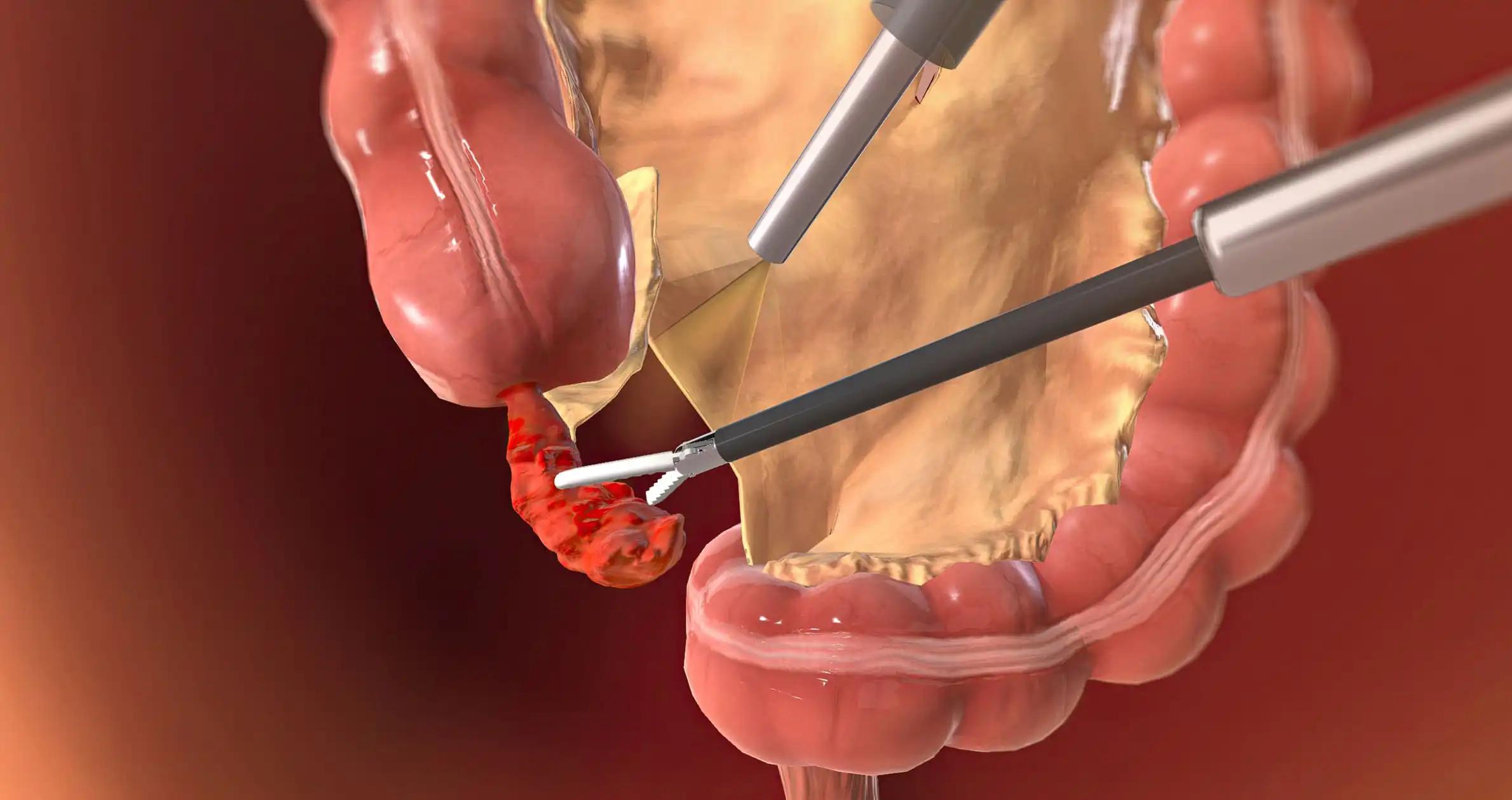KEY TAKEAWAYS
- The LIBImAb phase 3 trial aimed to assess comparative efficacy of bevacizumab vs cetuximab in combination with FOLFIRI in pts with RAS/BRAFWT mCRC.
- The ctDNA enhanced heterogeneity assessment vs. tissue for rapid RAS/BRAF screening.
RAS/BRAF testing from tissue samples is a golden standard for mCRC pts receiving treatment with anti-EGFR monoclonal antibodies. RAS/BRAF mutations have been detected in ctDNA from up to 10% of treatment-naive patients (pts) with metastatic colorectal cancer (mCRC) RAS/BRAF wild-type (RAS/BRAFWT) on tissue, while about 30% of RAS/BRAFWT pts treated with anti-EGFR agents demonstrated RAS/BRAF mutations in ctDNA at disease progression.
Anna Maria Rachiglio and the team investigated the superiority of bevacizumab vs cetuximab in combination with FOLFIRI in pts with RAS/BRAFWT mCRC.
Researchers designed a randomized, comparative and multi-centric trial to evaluate the superiority of bevacizumab compared to cetuximab when combined with FOLFIRI in pts with mCRC. The study specifically focuses on pts who were RAS/BRAFWT based on tumor tissue analysis and RAS/BRAF mutant (RAS/BRAFmut) based on liquid biopsy using Idylla® ctKRAS-ctNRAS/BRAF mutation assays by Biocartis.
Supported by the Italian Drug Agency (AIFA), blood samples were collected from enrolled pts and transported to a centralized laboratory for analysis. Those identified as RAS/BRAFmut at baseline through ctDNA analysis were randomized to receive either FOLFIRI/cetuximab or FOLFIRI/bevacizumab.
Patients identified as RAS/BRAFWT based on initial plasma testing were treated with FOLFIRI/cetuximab for up to 8 cycles. In case there was no disease progression, they underwent retesting for RAS/BRAF mutations using ctDNA. Patients identified as RAS/BRAFmut upon re-screening were then randomized to either continue with cetuximab or switch to bevacizumab, allowing for a comparative assessment of treatment efficacy in this specific molecular subgroup. This strategy ensured a robust evaluation of treatment efficacy and outcomes based on molecular profiling using both tumor tissue and liquid biopsy analyses.
Results indicated that as of March 15, 2024, baseline testing of 318 pts with RAS/BRAFWT mCRC demonstrated a median turnaround time of 48 hours for plasma analysis, assisting the detection of RAS mutations in 24 pts (7.5%), including 4.7% KRAS (n=15), 1.9% NRAS (n=6), and 0.9% BRAFV600 (n=3) variants, with a 92.4% concordance rate with tissue testing.
At the re-screening of 178 pts, the RAS/BRAF mutation rate was 8.5%, comprising 6.2% KRAS (n=11), 1.7% NRAS (n=3), and 0.6% BRAFV600 (n=1) variants.
The study hinted at the feasibility of ctDNA-based prospective enrolment in an interventional trial using a test with a rapid TAT for screening RAS/BRAF status in plasma. The preliminary findings also suggested that ctDNA testing can better recapitulate tumor heterogeneity providing complementary information to tissue genomic profiling.
The study was funded by Italian Drug Agency (AIFA) and the trial was sponsored by Azienda Unità Sanitaria Locale Reggio Emilia.
Source: https://cslide.ctimeetingtech.com/esmogi24hybrid/attendee/confcal/show/session/3
Clinical Trial: https://clinicaltrials.gov/study/NCT04776655
Rachiglio A M, Sacco A, Amoroso D, et al. (2024). “Circulating tumor DNA (ctDNA) testing in tissue RAS/BRAF wild-type metastatic colorectal carcinoma (mCRC) patients (pts) enrolled in the LIquid BIopsy monoclonal Antibodies (LIBImAb) study.” Presented at ESMO-GI 2024, (Abstrat 34P)



